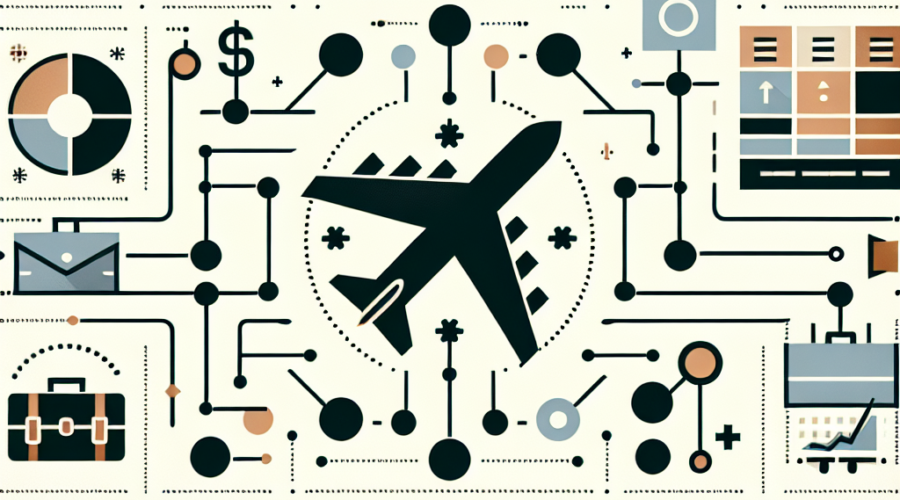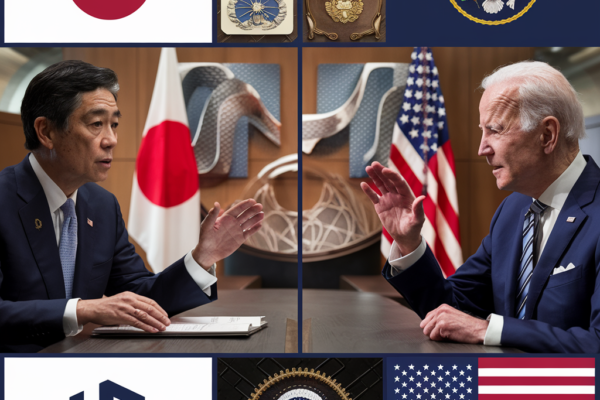Qatar Airways Signals Appetite for More Deals After Airlink Investment
Key Highlights
- Qatar Airways has invested in Airlink, a South African airline network, signaling its appetite for strategic deals to expand its global reach.
- The investment aligns with Qatar Airways’ broader strategy of enhancing connectivity through partnerships and diversifying its operations.
- The airline industry is witnessing a surge in partnerships and investments, driven by the need for enhanced efficiency and customer experience.
- Qatar Airways is poised for continued growth, leveraging its strong brand, operational capabilities, and strategic vision.
Expanding Global Footprint Through Strategic Investments
Qatar Airways, founded in 1993, has rapidly grown into one of the world’s leading airlines, with a fleet of over 250 aircraft and operations in more than 150 destinations. The airline’s recent investment in Airlink, a South African airline network, underscores its robust appetite for strategic deals aimed at expanding its global reach and enhancing connectivity.
This move aligns with Qatar Airways’ broader strategy of diversifying its operations and forging partnerships to strengthen its position in the competitive aviation market. The airline has previously invested in International Airlines Group (IAG), the parent company of British Airways and Iberia, and partnered with American Airlines to enhance network connectivity.
Enhancing Connectivity and Operational Efficiency
The investment in Airlink is expected to bolster Qatar Airways’ presence in Africa and facilitate seamless connectivity between South Africa and other parts of the continent. By leveraging Airlink’s regional network and resources, Qatar Airways aims to provide its customers with a more comprehensive and tailored travel experience.
Moreover, this strategic partnership is part of a broader industry trend, where airlines are increasingly seeking alliances to enhance operational efficiency, optimize costs, and better serve customers. For instance, Lufthansa has invested in Eurowings to strengthen its presence in the low-cost carrier market, demonstrating the potential synergies and benefits of such collaborations.
Navigating Regulatory and Geopolitical Challenges
While strategic investments and partnerships offer significant opportunities, the aviation industry is heavily influenced by regulatory and geopolitical factors. Open skies agreements, trade relationships, and geopolitical tensions can either facilitate or hinder airline deals and operations.
Qatar Airways has navigated these challenges effectively, maintaining its position as a major player in the global aviation industry. The airline’s investment in Airlink demonstrates its ability to navigate regional dynamics and leverage its strategic location in the competitive Middle Eastern aviation market, where it competes with Emirates and Etihad Airways.
Lessons from Historical Precedents
Memorable past airline mergers and acquisitions offer valuable lessons for Qatar Airways as it pursues strategic investments. The merger between Delta and Northwest Airlines, for instance, created one of the largest airlines in the world, demonstrating the potential for significant synergies and cost savings. However, such deals also come with integration challenges and regulatory hurdles.
Qatar Airways has likely learned from these precedents and is applying these lessons to its own strategic investments, ensuring careful planning and strategic alignment to achieve





